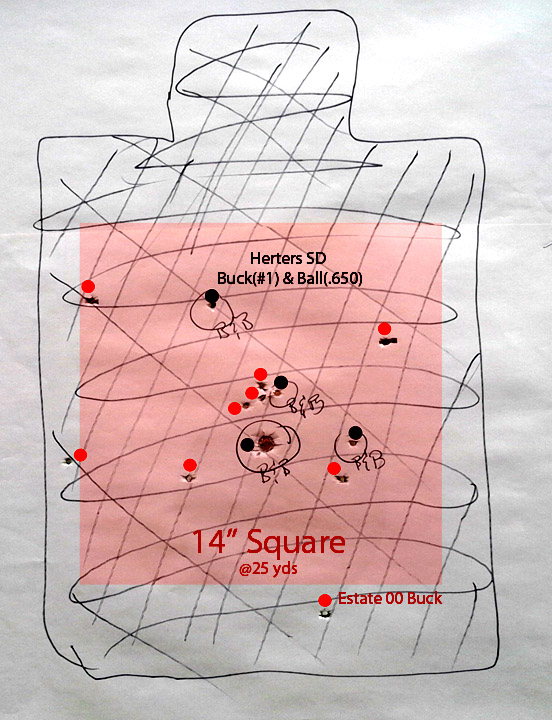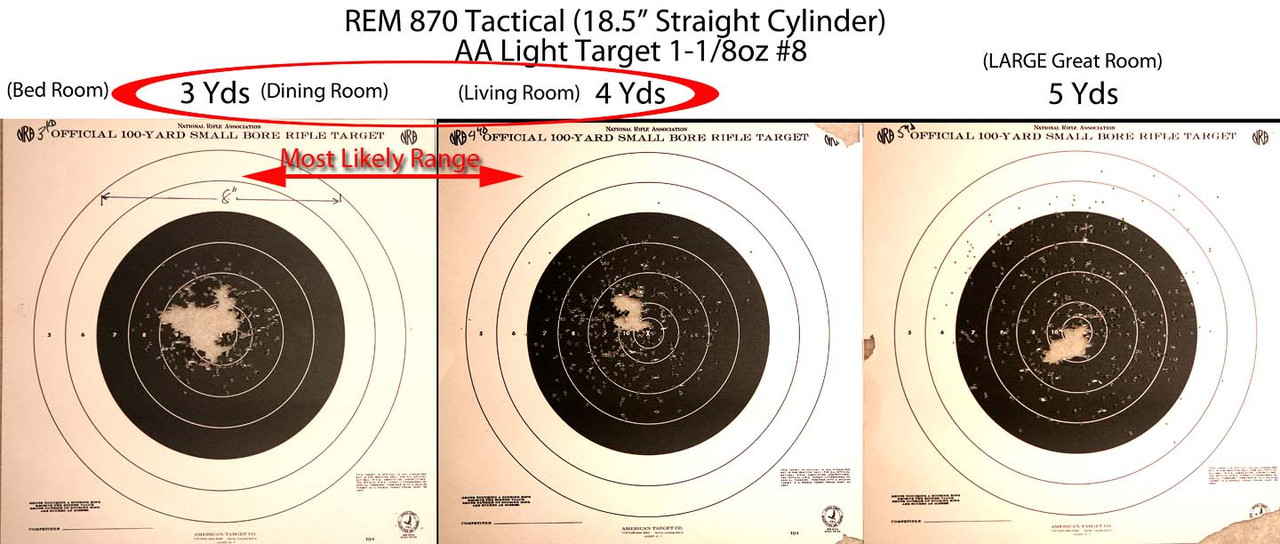During my tenure with 'some army', I've been issued an M4 and a Glock 17.
In one training, I've been given a semi-auto shotgun to breech a door.
When it was done, the instructor asked us "what is the most dangerous
weapon on us right now?"
We all thought it must be the automatic assault rifle, to which he
said we were wrong.
He then loaded some .22 calibre shot shells (I think you call them
bird shot? Sorry, I am not a shotgun person at all) and quickly
emptied 7 rounds into the room without aiming.
The room was all covered with holes!
Sure, that's not very good if you have innocent people inside but
more often than not, we had to face full-on insurgents with no *real*
civillians around, for which the shotgun seems like the best tool, part
from calling in a guided missile through their window...
In other regards, the shotgun is actually safer, due to less likely
over-penetration.
But we were never issued shotguns. I once asked and was quickly dimissed
that it is indiscriminate fire and not allowed under "Geneva"
But I cannot actually confirm this.
Does anyone know any specific laws against militaries using shotguns
on enemies (not just their doors)?
In one training, I've been given a semi-auto shotgun to breech a door.
When it was done, the instructor asked us "what is the most dangerous
weapon on us right now?"
We all thought it must be the automatic assault rifle, to which he
said we were wrong.
He then loaded some .22 calibre shot shells (I think you call them
bird shot? Sorry, I am not a shotgun person at all) and quickly
emptied 7 rounds into the room without aiming.
The room was all covered with holes!
Sure, that's not very good if you have innocent people inside but
more often than not, we had to face full-on insurgents with no *real*
civillians around, for which the shotgun seems like the best tool, part
from calling in a guided missile through their window...
In other regards, the shotgun is actually safer, due to less likely
over-penetration.
But we were never issued shotguns. I once asked and was quickly dimissed
that it is indiscriminate fire and not allowed under "Geneva"
But I cannot actually confirm this.
Does anyone know any specific laws against militaries using shotguns
on enemies (not just their doors)?


